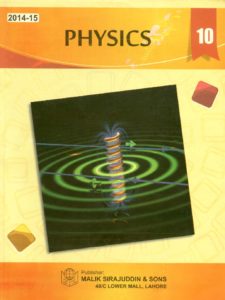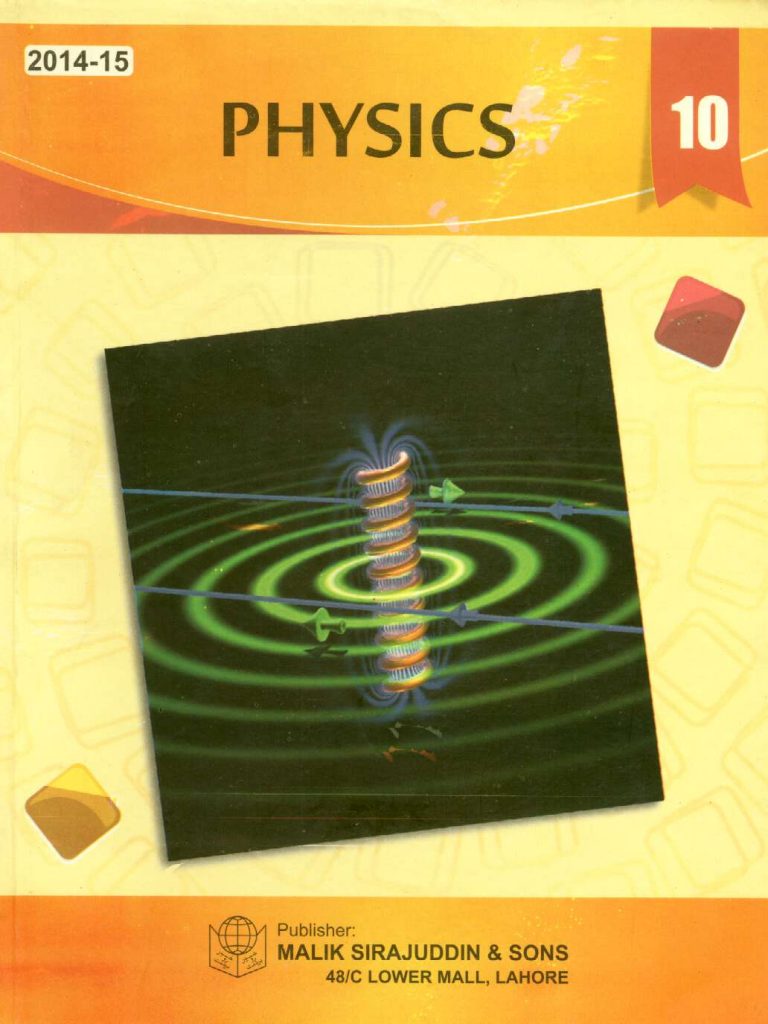
Ostensibly the best sci-fi “endeavor” of the twentieth century, “Star Trek” has caught the creative energies of millions since it debuted as a TV arrangement in 1966. As we watch the group of the Star-ship Endeavor experience life on different planets and attempt to coexist with outsider species, we start to perceive any reason why Quality Roddenberry’s “Wagon Prepare to the Stars” has produced three extra television arrangement, seven films, and a dedicated, bad-to-the-bone fan base.
Star Trek inspires us to consider a future for mankind that is loaded with expectation and potential. It likewise takes advantage of the unconventionally American brand of idealism. From scene to scene, Skippers Kirk and Picard explore the Endeavor and its team out of apparently obstinate circumstances utilizing their creativity and cleverness.
Be that as it may, what number of things in the Star Trek universe are really conceivable, in view of our present comprehension of the world? This is apparently introduce of physicist Lawrence Krauss’ most recent book, The Physics of Star Trek. Be that as it may, the mission of the book goes further than this. An educator of physics at Case Western Save College, Krauss utilizes the book as a chance to acquaint per users with a considerable lot of the energizing thoughts in present day physics and cosmology.
I was exceptionally inspired with the expansiveness of subjects that Krauss covers in this book. He examines not just the subjects straightforwardly applicable to Star Trek, for example, wormholes and time travel, yet gets more subtle points, for example, 3D images, solitons, and physicists’ endeavors to make the outlandish condition of issue known as the quark-gluon plasma.
Krauss is exceptionally gifted at performing engaging back-of-the-envelope counts to contend why certain Star Trek developments may be improbable. For example, he talks about how much fuel the Endeavor would require in its atomic combination controlled drive motors to quicken to sub-light speeds: Krauss ascertains that it would need to consume 81 times its whole mass in hydrogen fuel to get up to that speed.
Surely, a lot of Star Trek physics scarcely gets off the ground even with Isaac Newton’s seventeenth century science. Krauss brings up that regardless of whether the Venture could go at quicker than-light-speeds, its increasing speed from 0 to Twist 10 of every few seconds of broadcast appointment would pummel the whole ship on account of the huge powers included.
All things considered, the Star Trek scholars are exceptionally imaginative in envisioning conceivable outcomes that go past obvious confinements in science. Krauss investigates the Undertaking’s twist drive, which enables the Venture to movement between worlds in minutes without either disregarding limitations on quicker than-light speed travel or by exhausting gigantic measures of fuel.
As indicated by the arrangement, the Endeavor navigates extensive separations by distorting space-time: extending the space behind it and getting the space before it. This enables Krauss to discuss Einstein’s general hypothesis of relativity, in which the nearness of mass bends space-time and can speculatively enable this to happen.
Also, the bowing of room time could possibly be utilized to avoid foe fire from different boats. In any case, Krauss brings up that the vitality prerequisites for altogether distorting space-time are amazingly high: a question as monstrous as the Sun, he calls attention to, produces a – gravitational field that twists light by just 1/1000 of a degree.
Transporters are out, Krauss contends, on the grounds that regardless of whether one could read and compose the colossal measures of data that constitute a person, one would need to battle with as far as possible in information endorsed by the vulnerability guideline in quantum mechanics.
A talk of issue antimatter fuel enables Krauss to dispatch into a fascinating history of antimatter inquire about and the waiting puzzle of why we are made of issue rather than antimatter. A depiction of the Holodeck the room on the Undertaking that makes a no nonsense virtual reality condition prompts a clarification of 3D images.
Krauss’ area on time travel gives him abundant chance to portray Einstein’s unique hypothesis of relativity, and thoughts for setting aside a few minutes machines with such hypothetical exotica as wormholes. An investigation of the likelihood of life on different planets brings Krauss to talk about how extraordinary sorts of stars develop from birth to death, and how volcanic action in the beginning of the Earth made our climate.
While Krauss liberally sprinkles a significant number of the most recent and most profound thoughts in physics all through the content, a large number of his clarifications are befuddling even following a moment or third read. For instance, he presents the thought of “negative vitality” which would be expected to keep wormholes open or to twist space-time. He specifies that “negative vitality” has a remark with the manner by which dark openings can lose vitality, yet the general idea could have been illuminated more unmistakably.
Another bandy is that Krauss is obviously initial a physicist, and second a Star Trek fan. From all signs, Krauss had taken a brief training in Star Trek before composing this book. While the content is generously sprinkled with cases of Star Trek scenes and film scenes, it is managed with no awesome energy for the arrangement.
Maybe it would have been exceptional if Krauss had a dubious co-creator, somebody who could have included more energy for the show, or maybe even wrangled about some of Krauss’ decisions. Be that as it may, in decency, Krauss isn’t pretentious of any thoughts in Star Trek until after deliberately investigating them.
Krauss recognizes that he doesn’t deplete the majority of the physics subjects that can be talked about regarding Star Trek. He even recommends that a spin-off, which he needs to call Star Trek II: The Rage of Krauss. In any case, I would recommend that before he embarks to do this, a moment version of the book be set up to clear up a portion of the befuddling segments. Indeed, even in its present frame, in any case, The Physics of Star Trek effectively demonstrates that the thoughts in physics can be similarly as energizing and unusual as those in sci-fi.

